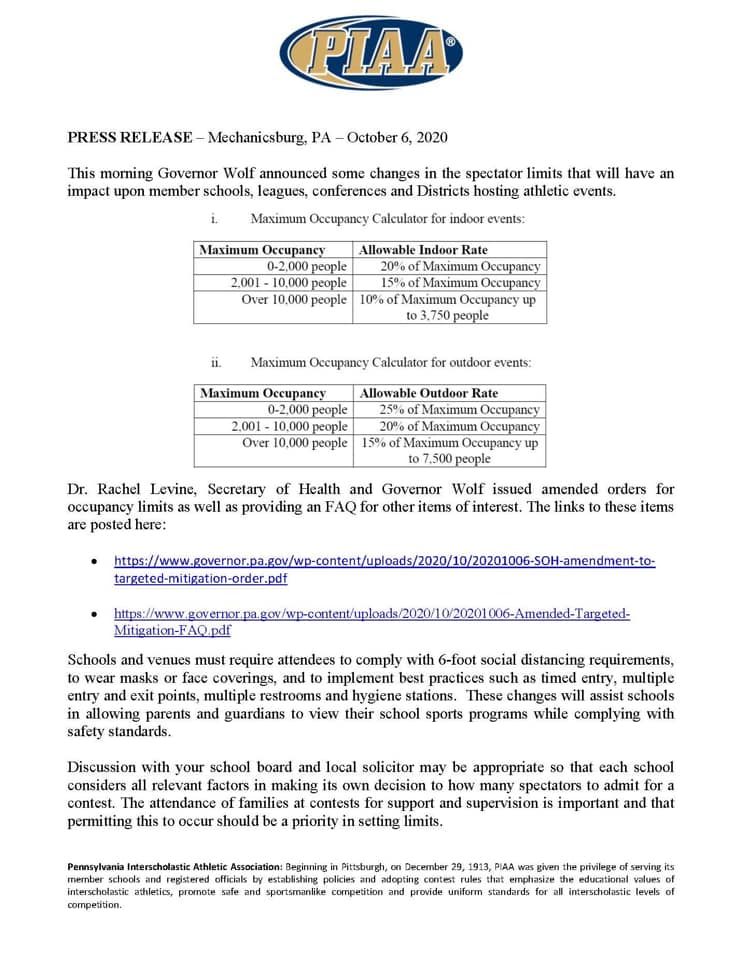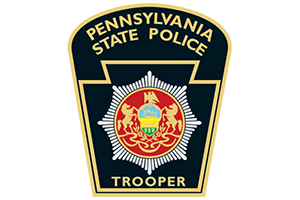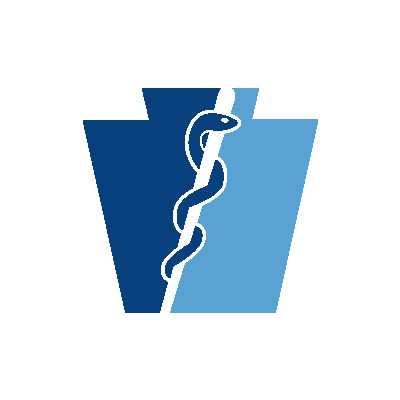Harrisburg, PA – Governor Tom Wolf ordered the commonwealth flag on all commonwealth facilities, public buildings and grounds in Montgomery County to fly at half-staff immediately in honor of firefighter Edward Minnick of the Colmar Volunteer Fire Company who died in the line of duty on Thursday, Oct. 1, 2020.
The commonwealth flag shall be flown at half-staff until sunset on Wednesday, Oct. 7, 2020 – the day of Minnick’s funeral.
The commonwealth flag has flown at half-staff since Wednesday, March 11, 2020, in honor of the victims of the COVID-19 pandemic and should continue to fly at half-staff until further notice. The United States flag is to remain at full-staff.
All Pennsylvanians are invited to participate in this tribute.










